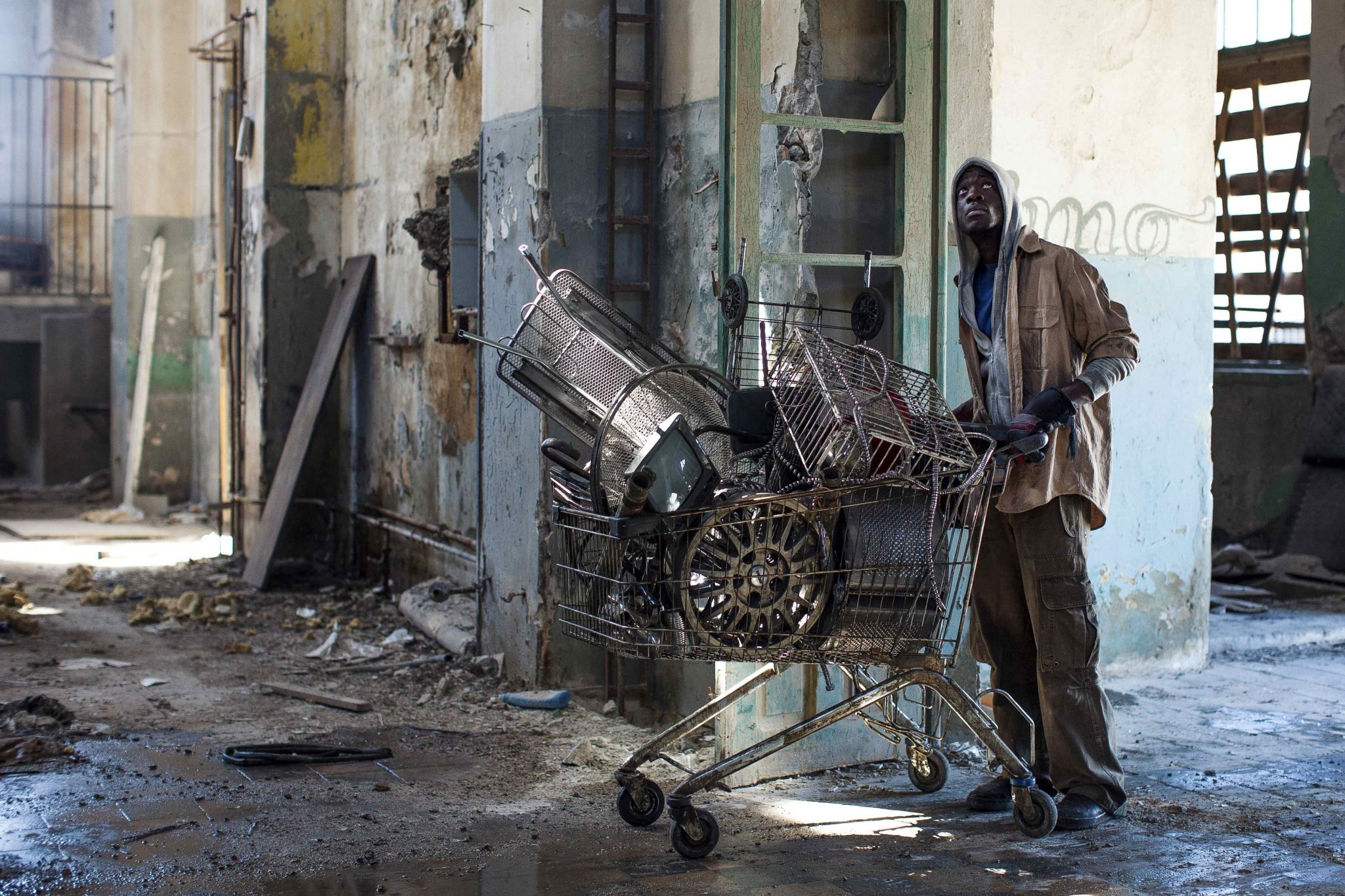ArtReview sent a questionnaire to a selection of the artists exhibiting in various national pavilions of the Venice Biennale, the responses to which are being published daily in May, in the run up to the Biennale opening.. Stefanos Tsivopoulos is representing Greece. The pavilion is located in the Giardini.
What can you tell us about your plans for Venice?
I’m showing a new work specially conceived and materialized for the Greek pavilion. It’s called History Zero and it’s a film in three parts, and an archive of texts and images. The film questions the value of money, and the archive is a collection of examples of alternative currencies where the value of money is contested. The challenge for me was to make a new work not about the Greek crisis per se but to question what crisis is, where it is generated, and to ask whether there is a way to resist by adopting a different view of the crisis.
Are you approaching the show in a different way to how you would with a ‘normal’ exhibition?
I’m not changing the way I work but at the same time this is not a ‘normal’ exhibition either! It’s many things at the same time which makes it the most exciting project I’ve ever worked on so far.
What does it mean to ‘represent’ your country? Do you find it an honor or problematic?
People have been talking a lot about the Greek crisis the last 3-4 years. This whole discussion adds a weird tension and attention to the Greek pavilion. I can’t help but think that people will be looking for answers in the wrong place. I find this a bit problematic. Personally it’s an honor but filled with a lot of responsibility. So it’s a bit of both.
What audience are you addressing with the work? The masses of artist peers, gallerists, curators and critics concentrated around the opening or the general public who come through over the following months?
In History Zero I’m mostly interested in this aspect of interconnectivity and that all our actions do have meaning and affect each other’s lives. The work asks “what is at work”, that makes the world move? Many would say it’s money. I think in essence it is something else and my work allows the viewer to judge for himself/herself. All my works and especially this one address people (viewers) and not audiences.
What are your earliest or best memories of the biennale?
Being there as an art student was a lot of fun, the parties in the city, Lido too. I loved Venice as a visitor of the Biennale. This is going to be a new experience now.
You’ll no doubt be very busy, but what else are you looking forward to seeing?
There are lots of great artists in the national pavilions this year. More or less from my generation and some of them are friends. So I’m looking forward to meeting them and seeing their works.
